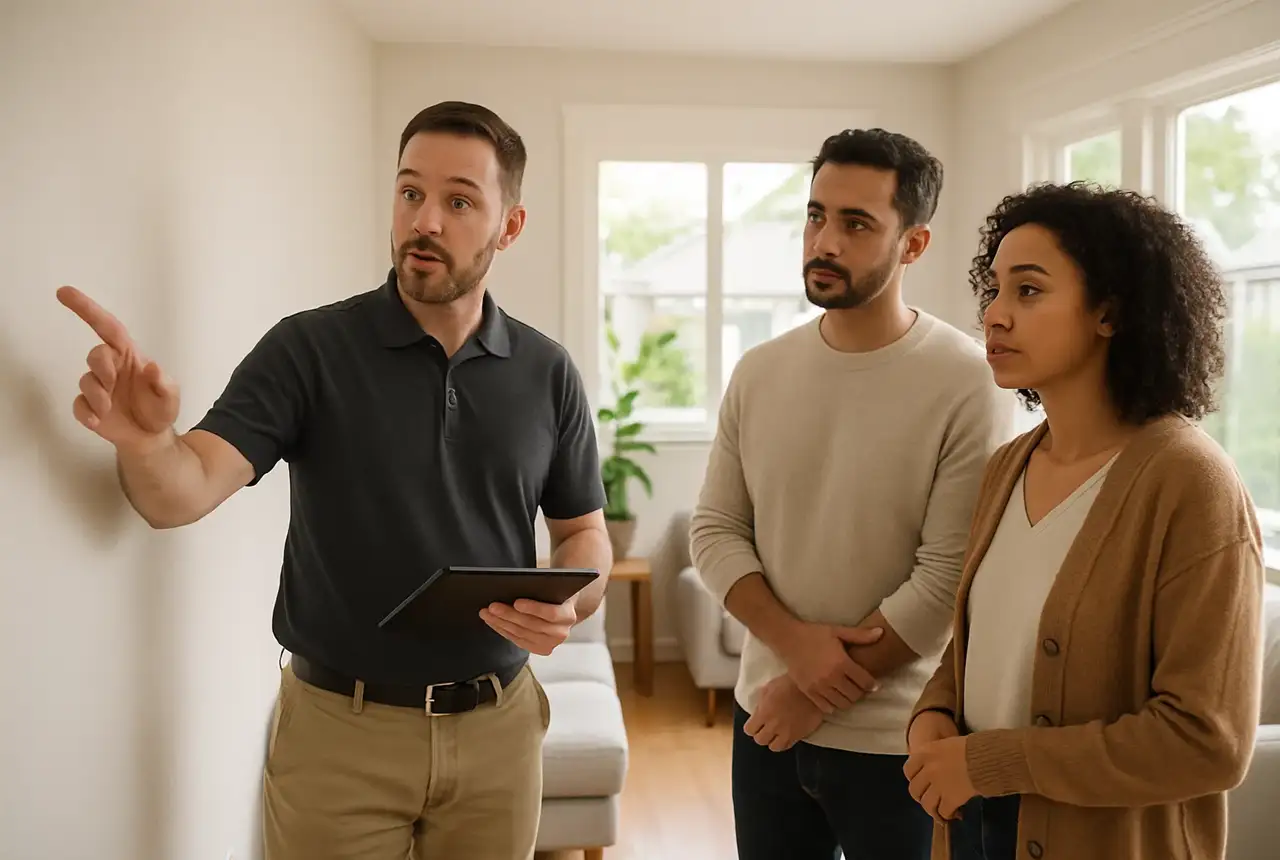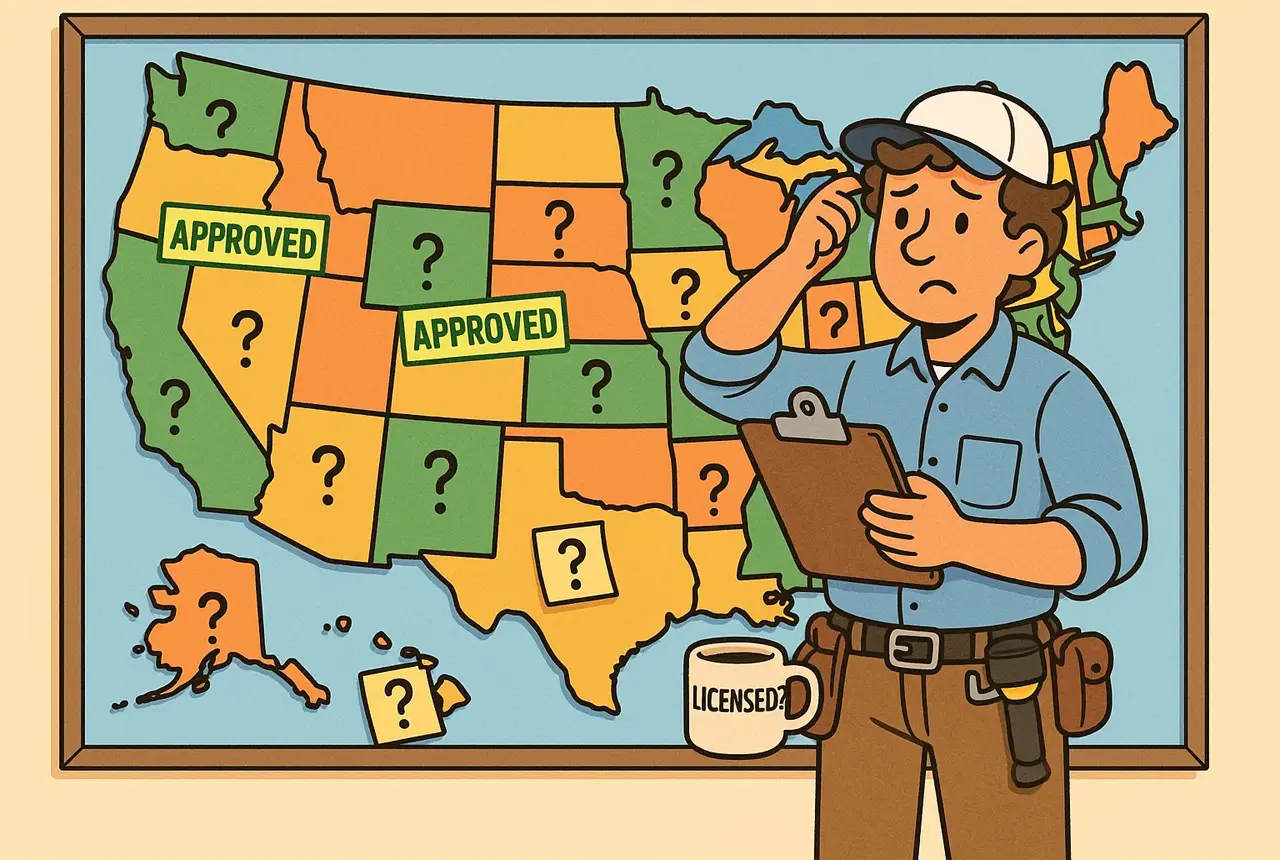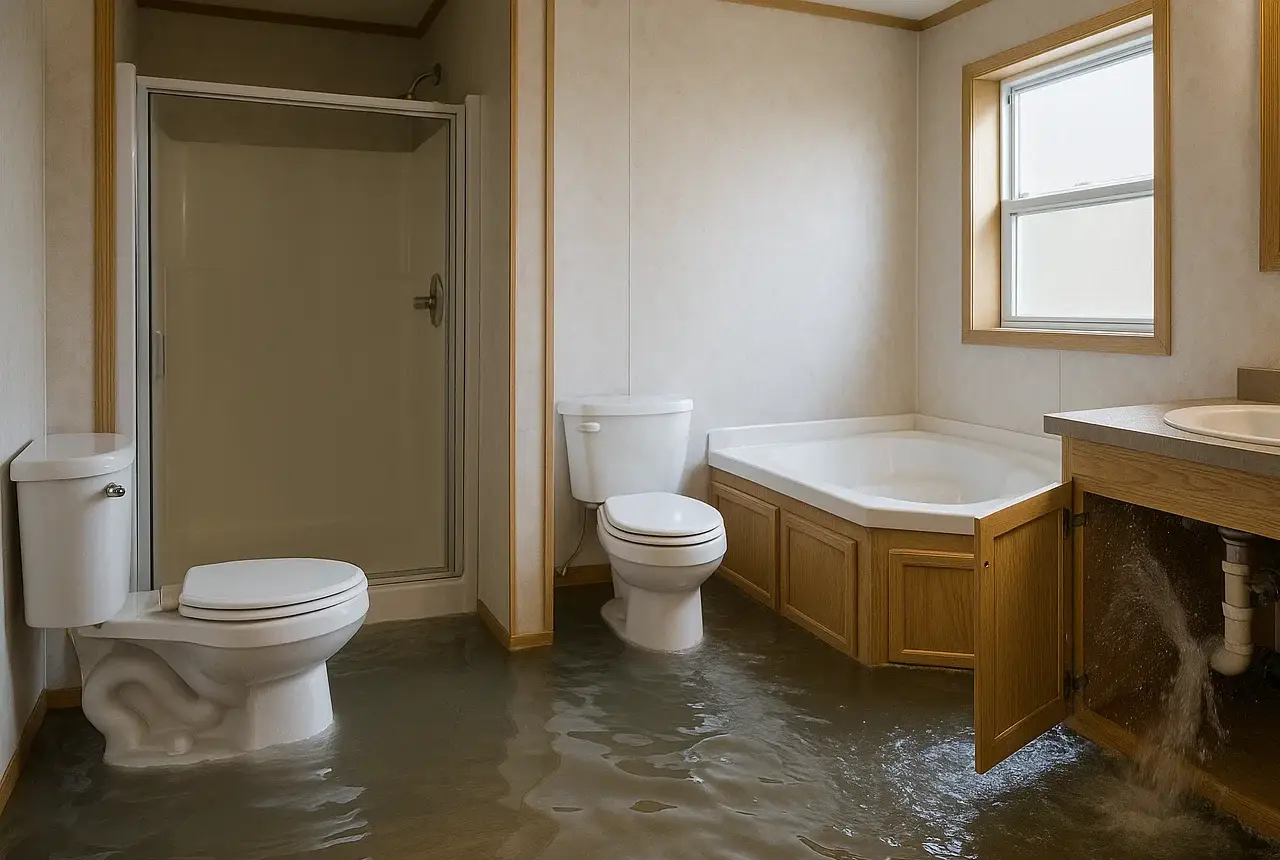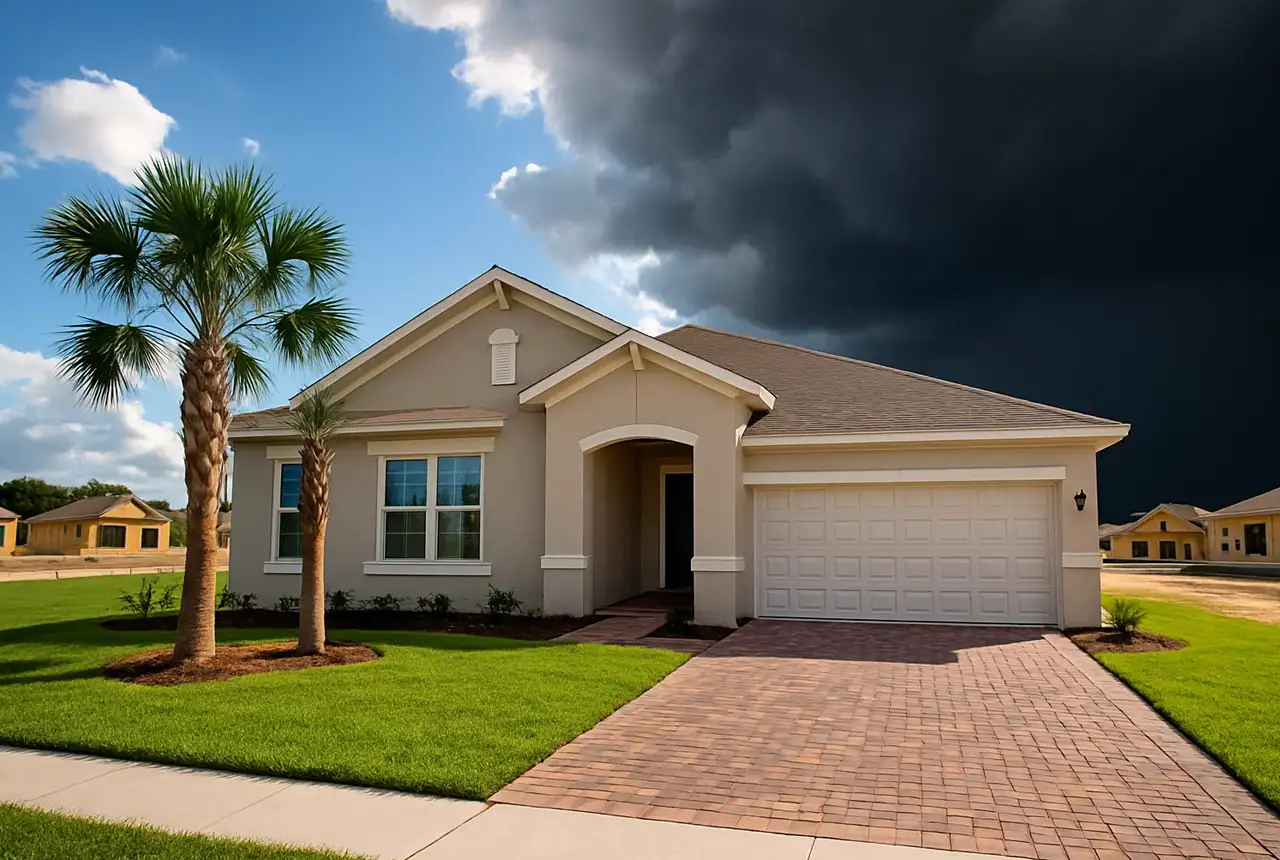1. What is your background and experience?
Not all inspectors have the same training or certifications. Ask about:
- Years of experience in the industry
- State licensing (where required)
- Professional certifications (such as InterNACHI or ASHI)
- Specialties (e.g., older homes, new construction, commercial properties)
2. What does your inspection cover?
A standard inspection typically includes the major systems and components of the home -- roof, structure, plumbing, electrical, HVAC, and more. Ask for a sample report to see exactly what will (and won’t) be covered. In some states (e.g. Florida), you will want to ask about whether or not insurance inspections are available and/or included.
3. How long will the inspection take?
Most single-family home inspections take 2–4 hours, depending on the home’s size and condition. A rushed inspection can miss key issues, so confirm how thorough your inspector plans to be.
4. Can I attend the inspection?
Every inspector has their preference. Most have no issue with you being present throughout. Some prefer you arrive towards the end for a Q&A Session. Ask what your inspector prefers, and see if that method jives with what you're looking for. Make sure that no matter what, you get the chance to see issues firsthand and ask questions.
5. How soon will I receive the report?
Inspection reports are often delivered within 24–48 hours, but timelines vary. Make sure the turnaround fits your closing schedule.
6. What tools or technology do you use?
Some inspectors use advanced tools like thermal imaging cameras, drones, or moisture meters to detect issues not visible to the naked eye. Ask if these are included or offered as add-ons.
7. What are the most common issues you see in homes like this?
A seasoned inspector can provide insight into the typical concerns for the home’s age, style, or location—such as foundation cracks, roof wear, or outdated electrical systems. In some markets, such as Florida, they can even give you insight regarding insurability.
8. Do you offer additional inspections or services?
Some situations may require specialized inspections, such as:
- Radon testing
- Termite/WDO inspections
- Sewer scope inspections
- Wind mitigation or 4-Point inspections (often required in Florida for insurance)
9. Can you explain your findings in simple terms?
A good inspector will take the time to explain issues clearly, without overwhelming you with technical jargon. Ask how they handle follow-up questions once the inspection is complete. Just as importantly, make sure the inspector communicates concerns in a balanced way—pointing out risks without being unnecessarily alarming. Remember, inspections are ultimately risk assessments. Their purpose is to help you understand the condition of the home so you can decide how much risk you’re willing to accept in the transaction.
10. Are you insured?
Liability and errors & omissions (E&O) insurance protect both the inspector and the client. This is an essential question for your peace of mind.
Final Thoughts
Your home inspector is a key partner in one of the biggest investments you’ll ever make. By asking the right questions, you’ll gain not only a clear understanding of the home’s condition but also the confidence to move forward with your purchase or negotiation.
👉 Looking for a trusted home inspector near you? Browse our verified directory on InspectorsList.com and connect with a qualified professional today.





